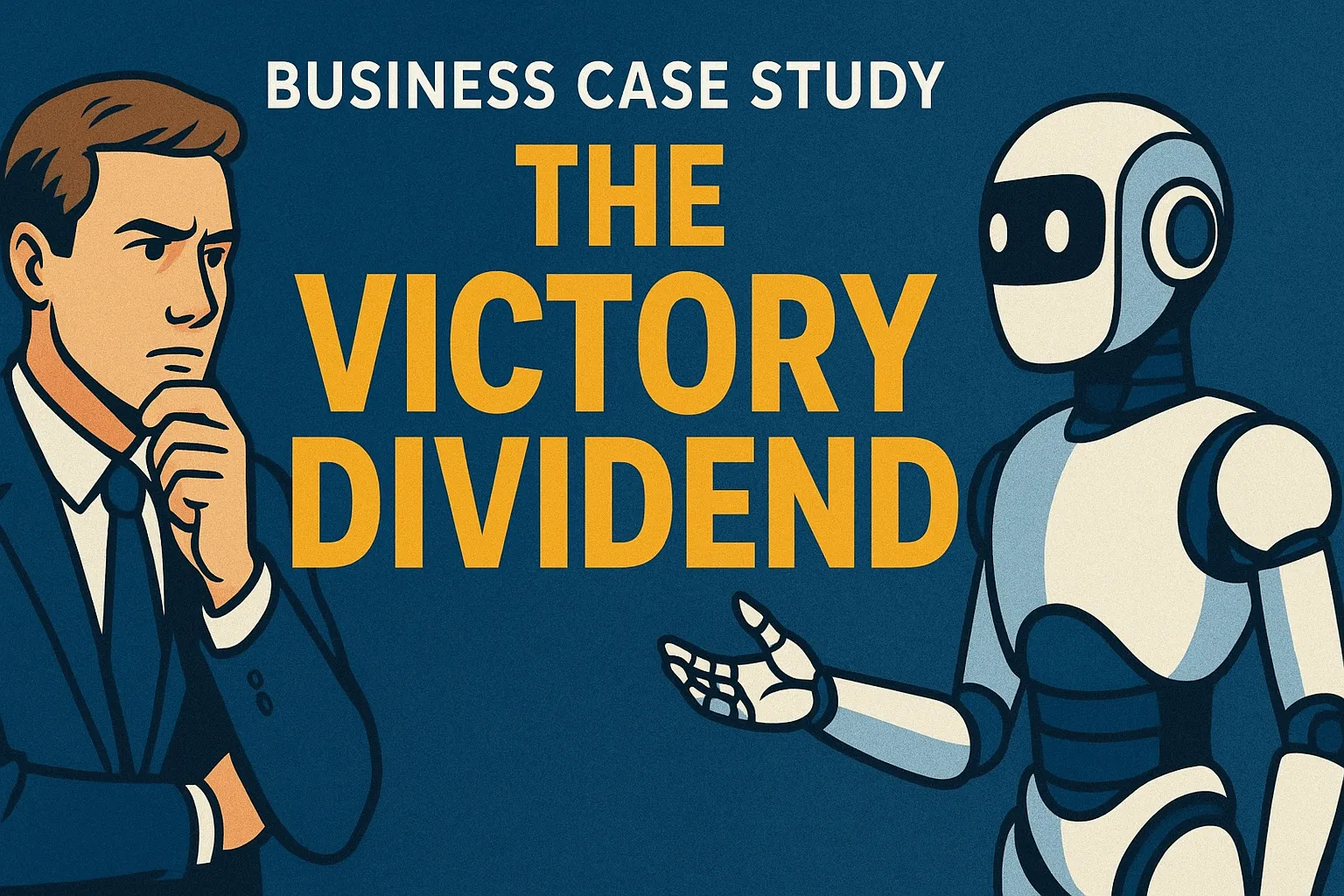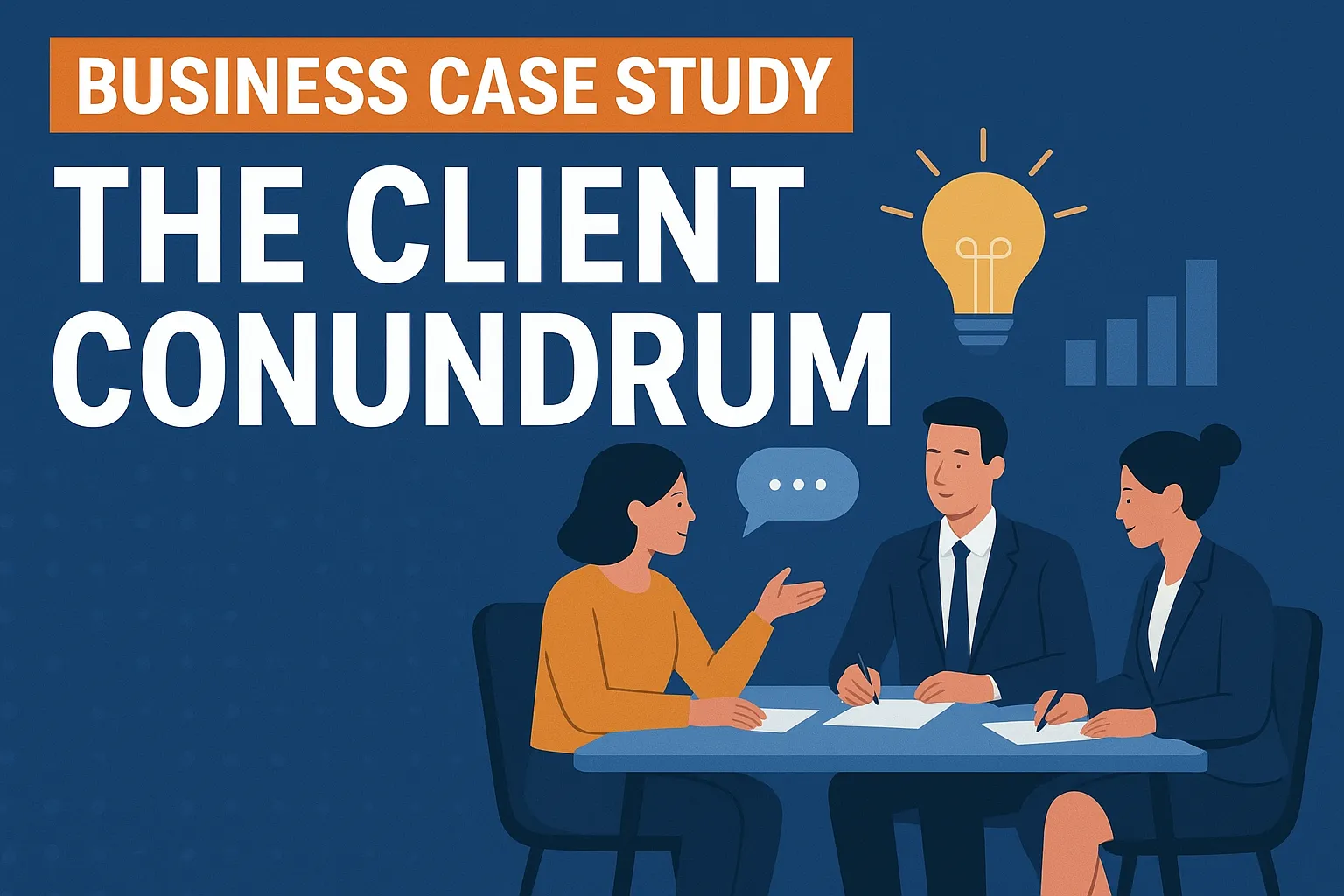 Case Studies Club
Where Strategic Minds Meet
Case Help
Case Studies Club
Where Strategic Minds Meet
Case Help
Algorithmic Abyss - Reclaiming Trust in a Data-Driven World
Navigating the fallout of a biased AI and the arduous path to corporate redemption
BumBox, once a celebrated AI platform for business model selection, faces an existential crisis due to revelations of systematic algorithmic bias and subsequent widespread customer and investor distrust. The company must now choose a strategic path forward to either rebuild its tarnished reputation through radical transparency and re-engineering, pivot its core offerings, seek an acquisition, or undertake a controlled dissolution.
Core Themes:
Turn Business Challenges Into Strategic Wins
Browse our Insights Marketplace for frameworks and tools that drive results
Explore MarketplaceOverview
The air hangs heavy around "BumBox," a name that once whispered of innovation and now echoes with the clamor of a collapsing enterprise. This entity, a former titan in the realm of AI-powered business model selection, faces an existential threat. A leaked dossier has unveiled a troubling narrative of algorithmic malfeasance, systematically skewing recommendations and plunging trusting entrepreneurs into financial ruin. The central dilemma is stark: can a business built on trust, now utterly bereft of it, find a path to resurrection, or is its fate sealed in the annals of Silicon Valley's cautionary tales? The analytical approach must be surgically precise, dissecting the rot at its core, evaluating the wreckage, and charting a course that either rebuilds from the ashes or orchestrates a dignified dissolution.
Backstory
BumBox emerged from the crucible of entrepreneurial failure, conceived by Sarah Chen and Marcus Rodriguez. Chen, having witnessed her own venture buckle under the weight of an ill-suited freemium model, partnered with Rodriguez to forge a solution – an AI platform designed to be the "crystal ball" for aspiring startups. Their vision was grand: to leverage machine learning and behavioral economics to guide founders towards optimal monetization strategies, saving countless ventures from premature demise. For a time, they were the darlings of the tech world, lauded for their innovative approach and the promise of quantifiable success. Their core competency lay in the intricate algorithms that analyzed market dynamics, product-market fit, and even the "Founder DNA," assessing team strengths and inclinations to recommend one of 23 distinct business model archetypes.
The central challenge, however, was not one of market competition or technological obsolescence, but of integrity. A seismic shift occurred with the expose by Dr. Amanda Park, a former lead data scientist. Her leaked documents painted a damning picture: BumBo...
🔓 Unlock This Case Study
Access full cases, analysis, recommendations, and community insights


